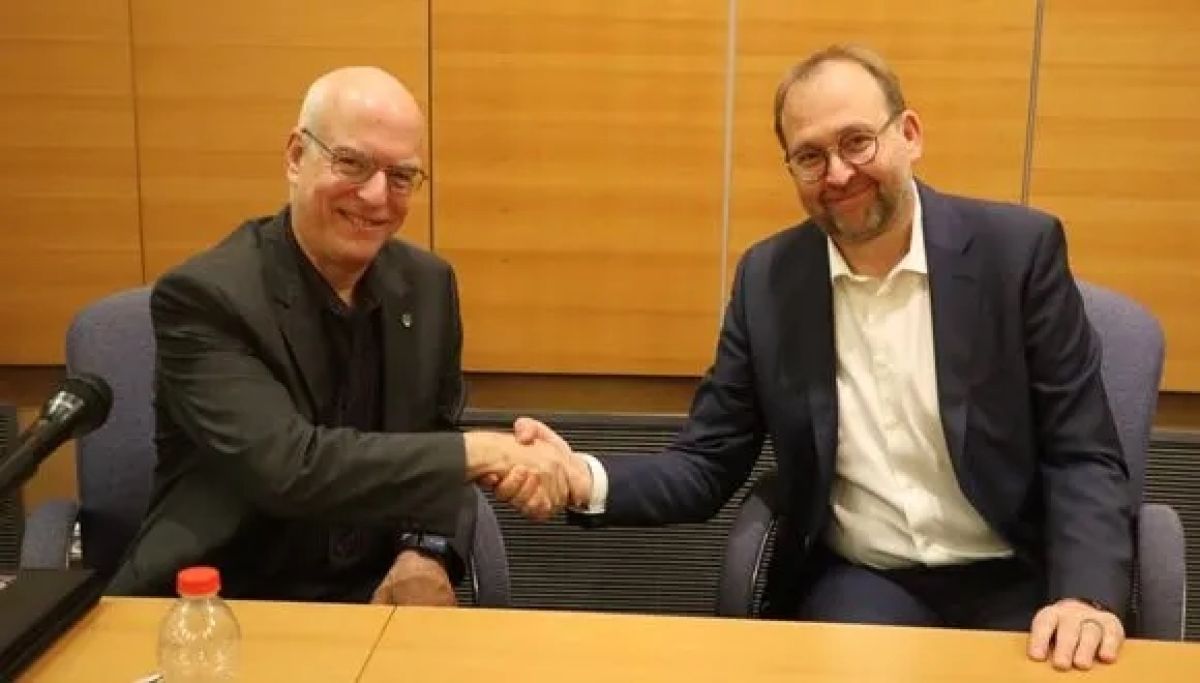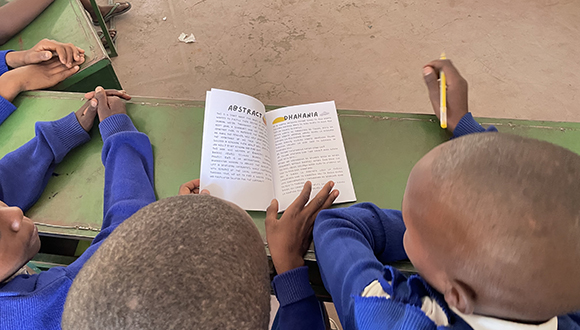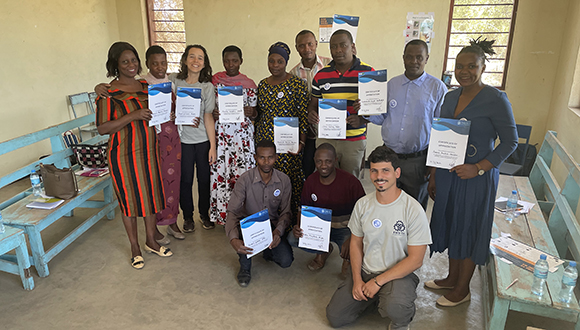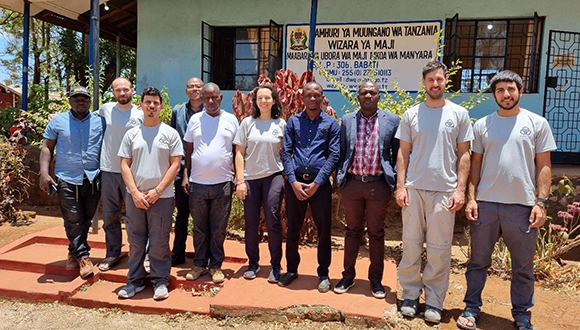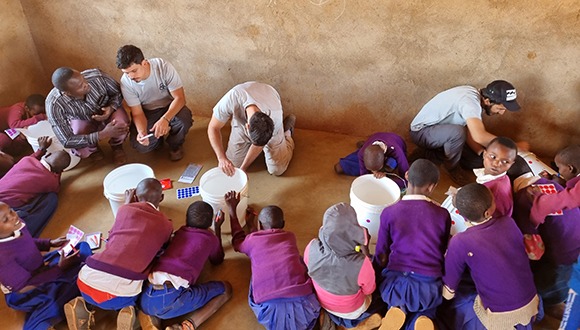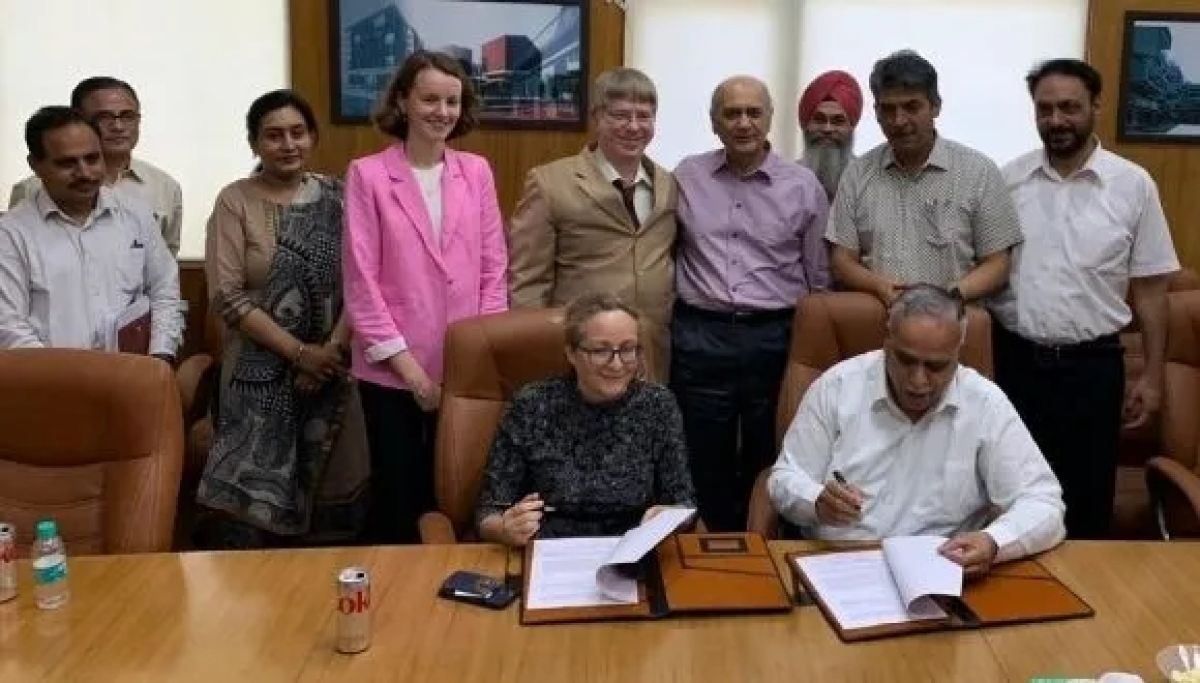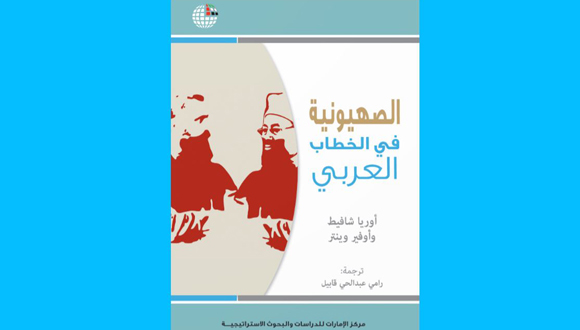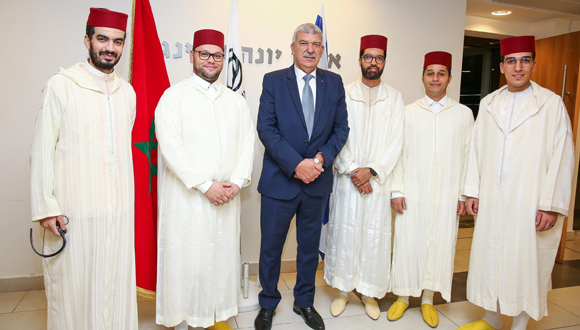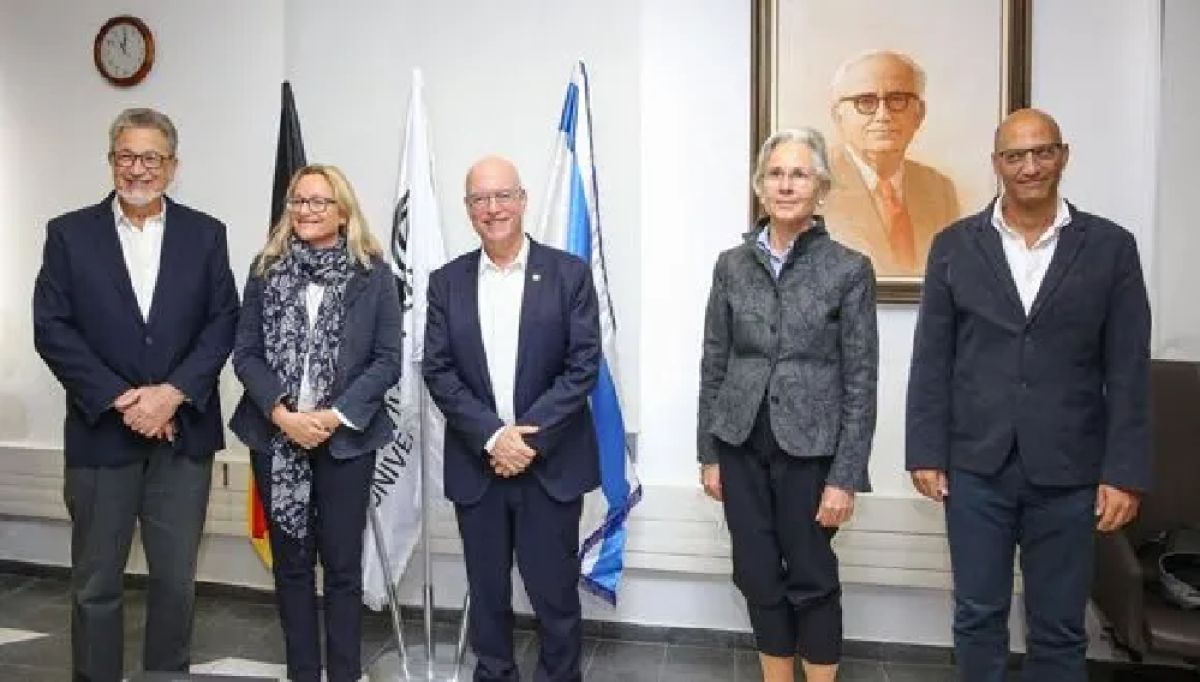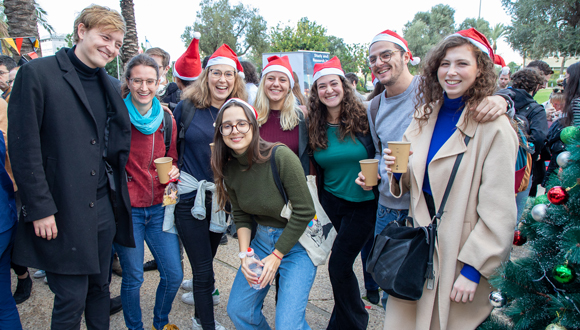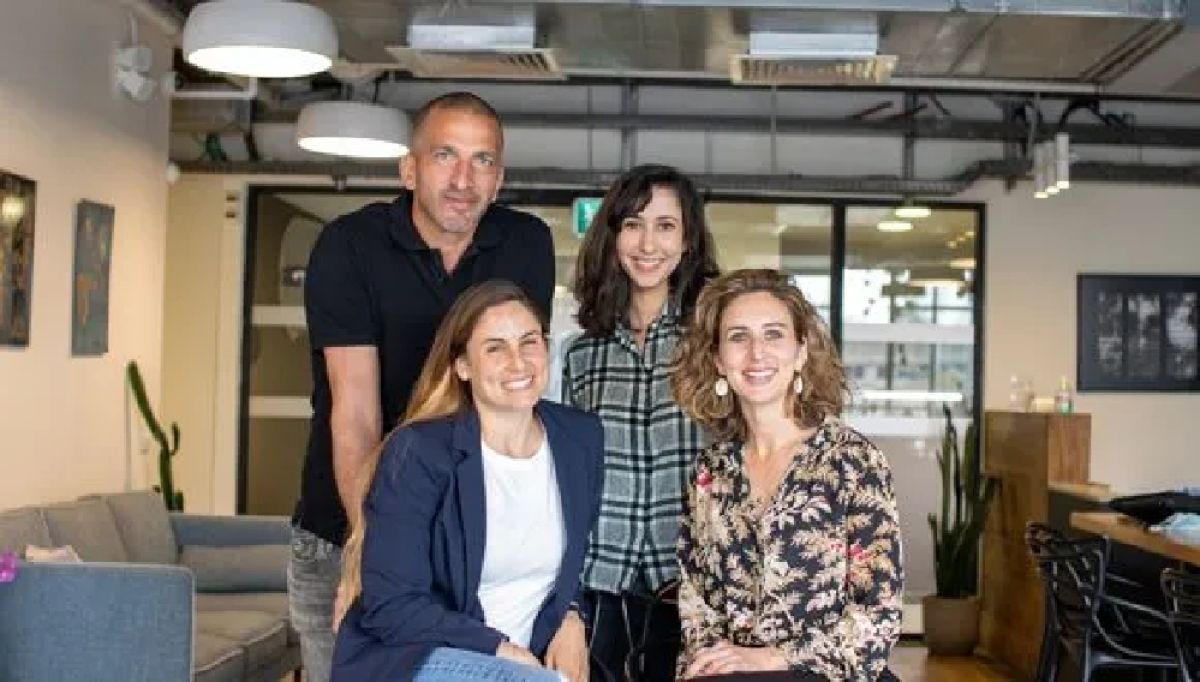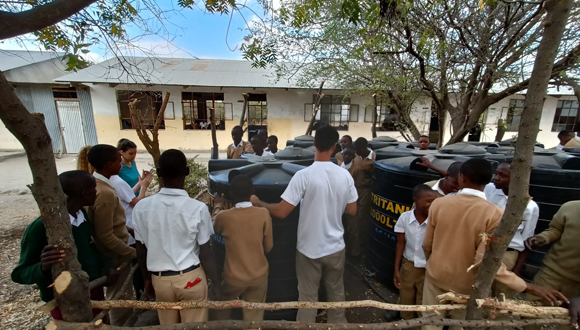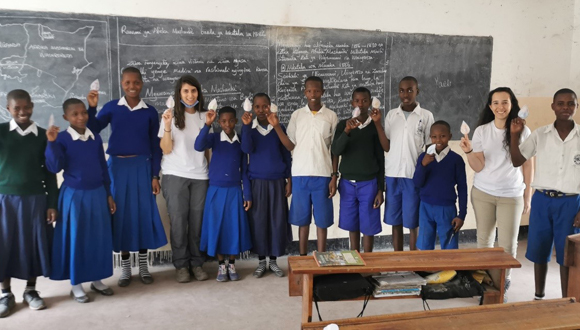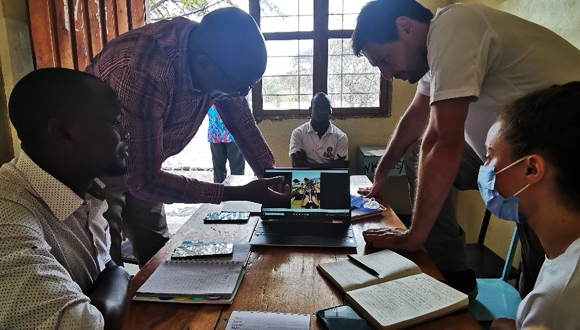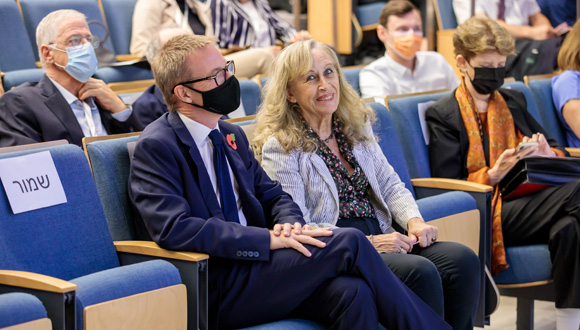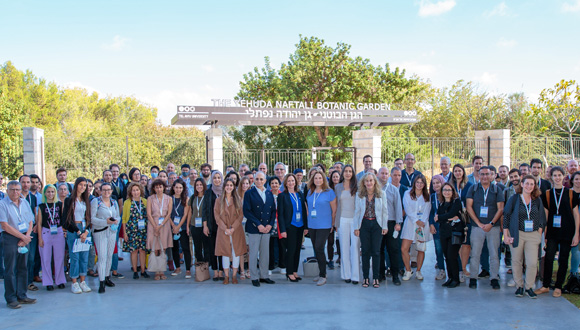TAU and Goethe University Establish a Joint Center for the Study of Religious and Interreligious Dynamics
First-of-its-kind academic collaboration between Israel and Germany.
Academic collaboration between Israel and Germany is growing, and for the first time, Tel Aviv University in Israel and Goethe University in Frankfurt will establish a joint center for with a focus on interfaith studies. The center will promote research on religion, in particular the monotheistic faiths – a field in which both institutions specialize – with special attention to their mutual interactions at all levels of religious life. The two universities will conduct joint research, hold academic conferences, and train students and researchers in this field.
The agreement for launching the new center was signed in December 2021, during a dedicated “Germany Week” organized at TAU by TAU International and the Student Union of Tel Aviv University. The signing was attended by the German Ambassador to Israel Susanne Wasum-Rainer, TAU President Prof. Ariel Porat, and the President of Goethe University, Prof. Enrico Schleiff.
Twelve months later, the full agreement was signed during an inaugurating two-day international conference at TAU entitled “Thinking Interreligiously.”
“This collaboration includes hundreds of joint research projects as well as hundreds of German students who come to our campus each year. The joint center expands this collaboration in an important new direction and tightens our existing partnership with Goethe University Frankfurt, one of the leading universities in Germany.” Prof. Milette Shamir
Thinking Interreligiously, Together
The conference comprises six working sessions in which six leading scholars in the emerging field of interreligious dynamics will present papers outlining their specific approach to the subject. Each paper will be responded to by pre-assigned expert commentators, followed by an additional hour-long discussion. World-renowned classicist and long standing partner to the interreligious studies initiative, Prof. Simon Goldhill of Cambridge University will deliver a keynote lecture on “The Christian Invention of Time.” The conference concludes with a forward looking round-table discussion on how interreligious studies might impact the study of religion in general.
“Tel Aviv university has a wide network of collaboration with German universities, more than with any other country in Europe,” says Prof. Milette Shamir, TAU’s VP in charge of international academic collaboration. “This collaboration includes hundreds of joint research projects as well as hundreds of German students who come to our campus each year. The joint center expands this collaboration in an important new direction and tightens our existing partnership with Goethe University Frankfurt, one of the leading universities in Germany. We hope that in the near future the two universities will expand collaboration to several other areas of common strength.”
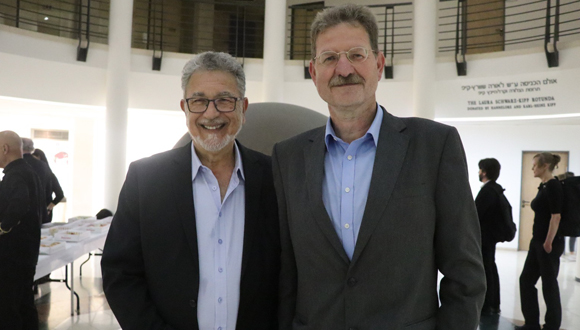
Prof. Menachem Fisch and Prof. Christian Wiese (Photo: Tel Aviv University)
“What we are agreeing upon today is, as far as I am aware, unprecedented – at least in the humanities in Germany. It is not merely a formal cooperation between a German and an Israeli university, but rather the development of a highly visible, joint institutionalized international research center.” Prof. Enrico Schleiff
Even Closer Cooperation
Prof. Menachem Fisch, who heads the initiative at TAU says, “I am thrilled to be part of the establishment of a unique, first-of-its-kind center for the study of the monotheistic faiths and their mutual development. This is a worthy initiative, and one more building block in the academic collaboration between the two countries.”
Prof. Enrico Schleiff, President of Goethe University remarked at the initial signing of the agreement in December 2021: ”What we are agreeing upon today is, as far as I am aware, unprecedented – at least in the humanities in Germany. It is not merely a formal cooperation between a German and an Israeli university, but rather the development of a highly visible, joint institutionalized international research center.”
“The center is cross-departmental on both sides and working in an area of study that is most relevant to the German and the Israeli society alike: the history of and the present challenges in religious diversity, difference and conflict in pluralistic societies. It will focus on questions regarding inter-religious dialogue, religious fundamentalism and conflict, but also on the rich cultural heritage and the potential inherent in religious traditions. This center is the start of an even closer cooperation.”
Prof. Christian Wiese, who leads the initiative at Goethe University concludes, “In the framework of German-Israeli academic relations and the close connection between the cities of Frankfurt and Tel Aviv, we’re creating something very special here – an international research hub in the field of interreligious studies that looks at topics both from historical and contemporary perspectives that challenge both of our societies, German and Israeli, each in different ways.”
Featured image:

